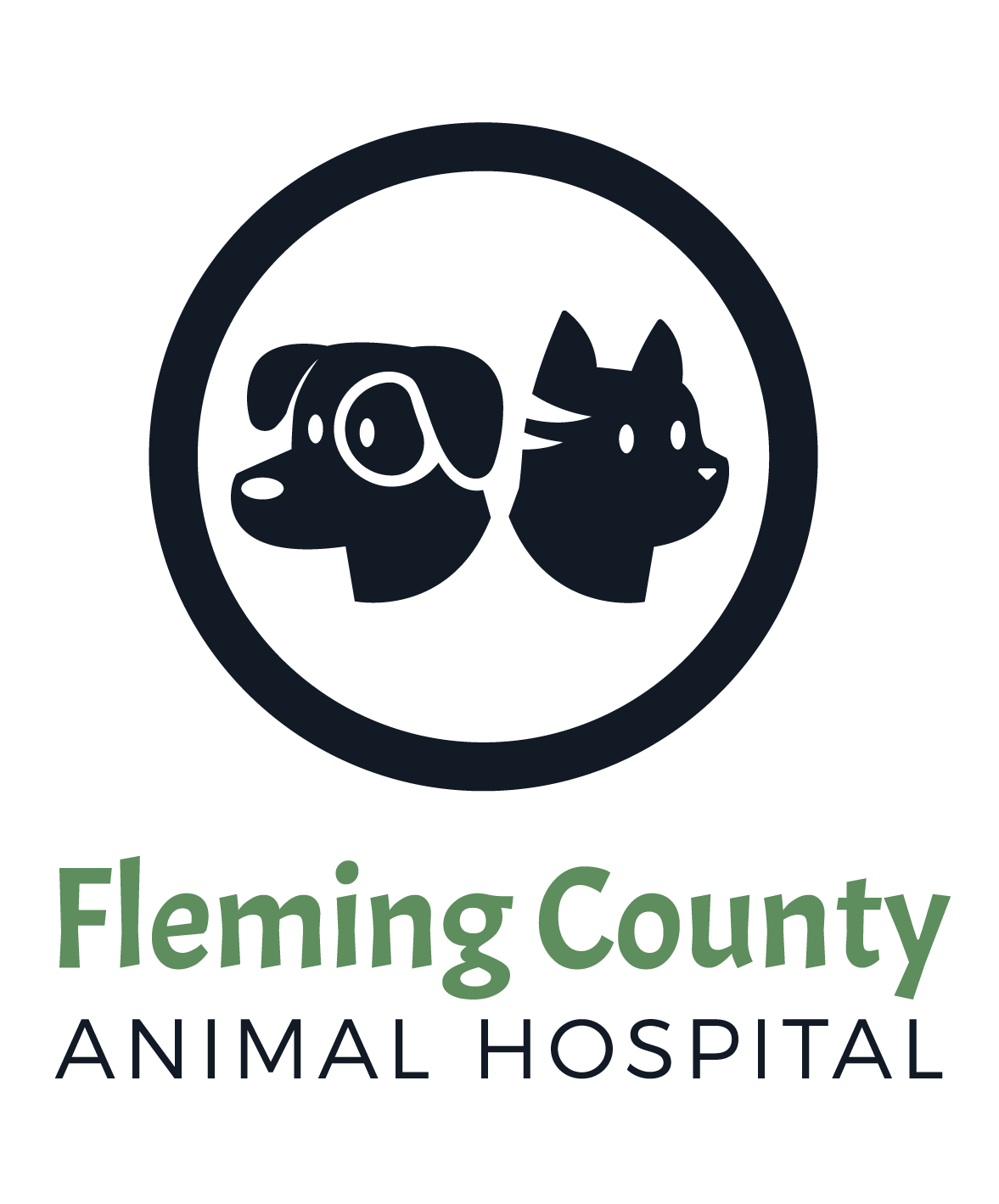Library
-
Eclampsia, also referred to as hypocalcemia or puerperal tetany, is an emergency medical condition associated with a life-threatening drop in blood calcium levels that occurs in nursing mothers. Mothers that are especially attentive to their kittens seem to be more likely to develop eclampsia. Signs and treatment are discussed.
-
Eclampsia, also referred to as hypocalcemia or puerperal tetany, is an emergency medical condition associated with a life-threatening drop in blood calcium levels that occurs in nursing mothers. Mothers that are especially attentive to their puppies seem to be more likely to develop eclampsia. Signs and treatment are discussed.
-
Egg binding is not uncommon in birds and may be resolved easily if treated early; if not, the bird may become critically ill. Egg binding occurs when the female bird is unable to expel the egg from her body. Egg-bound birds are usually weak, not perching, often sitting low on the perch or on the bottom of the cage and are straining as if trying to defecate or to lay an egg. Treatment varies depending upon how sick the bird is, as well as the location of the egg and the length of time the bird has been egg bound.
-
Emergencies arise unexpectedly, and it is important to stay calm. After realizing what has occurred, it is important to contact your veterinarian to provide the best chance for a successful outcome. Once you have received initial instructions, it is important to transport your cat to your veterinarian for a complete examination as soon as possible.
-
There are many types of emergencies, but initial care is similar: stay calm, keep your dog warm and quiet, contact your veterinarian, and get help to transport your pet to a veterinarian. Common emergencies are described including gastric dilatation and volvulus (GDV), acute hemorrhagic diarrhea, anaphylaxis, automobile injury, seizures, respiratory distress, eye injury, eclampsia, heatstroke, heart failure, toxin ingestion and collapse.
-
Epileptic seizures in pets are a diagnosis of exclusion and may be found in any dog but there may be some breed predispositions that are more common. The cause is often unknown. A variety of medications are available to help control the seizure activity if an underlying cause is not found.
-
Many liquid potpourri products and essential oils are poisonous to cats, including oil of cinnamon, citrus, pennyroyal, peppermint, pine, sweet birch, tea tree (melaleuca), wintergreen, and ylang ylang. Both ingestion and skin exposure can be toxic.
-
Many liquid potpourri products and essential oils are poisonous to dogs, including oil of cinnamon, citrus, pennyroyal, peppermint, pine, sweet birch, tea tree (melaleuca), wintergreen, and ylang ylang. Both ingestion and skin exposure can be toxic.
-
Ethylene glycol, a sweet-tasting, odorless liquid, is the active ingredient in antifreeze. Ethylene glycol can also be found, in lower concentrations, in some windshield de-icing agents, hydraulic brake fluid, motor oils, solvents, paints, film processing solutions, wood stains, inks, printer cartridges. Ethylene glycol is poisonous to cats; immediate treatment is essential.
-
Ethylene glycol, a sweet-tasting, odorless liquid, is the active ingredient in antifreeze. Ethylene glycol can also be found, in lower concentrations, in some windshield de-icing agents, hydraulic brake fluid, motor oils, solvents, paints, film processing solutions, wood stains, inks, and printer cartridges. Ethylene glycol is poisonous to dogs: as little as half a teaspoon per pound of a dog's body weight can result in death. Immediate treatment is essential.

